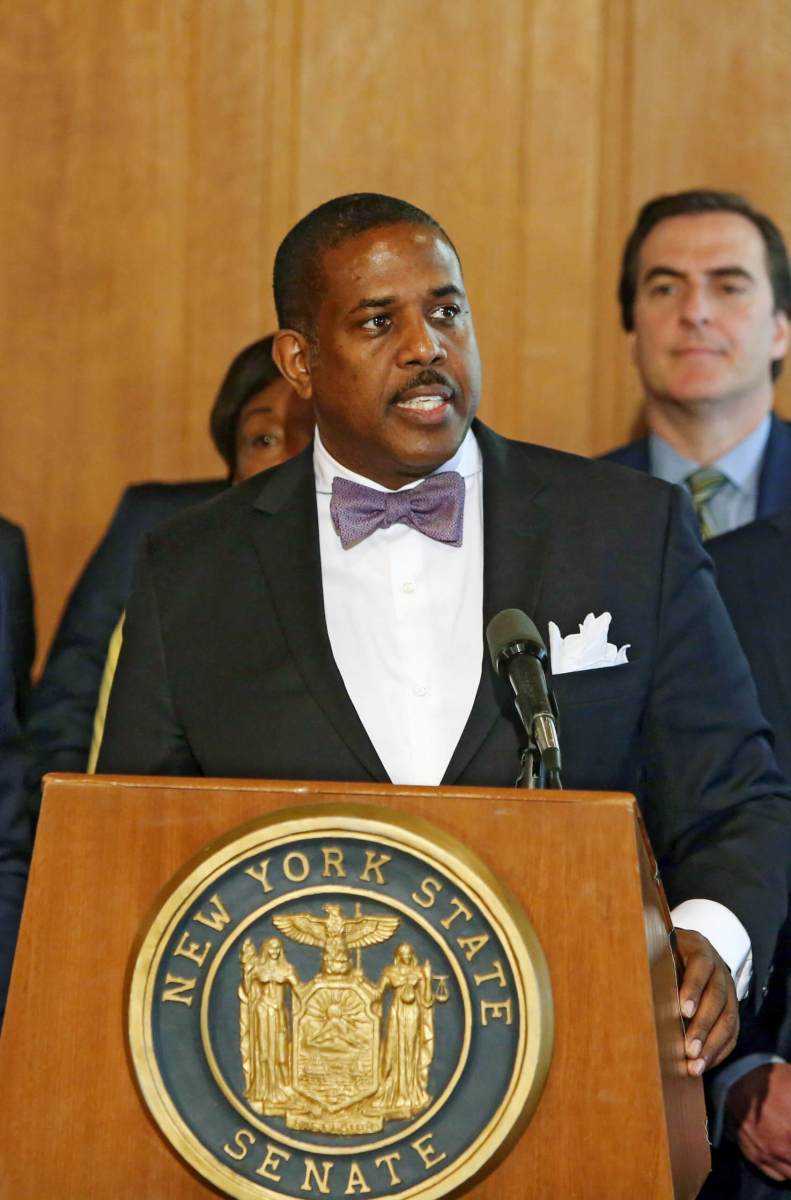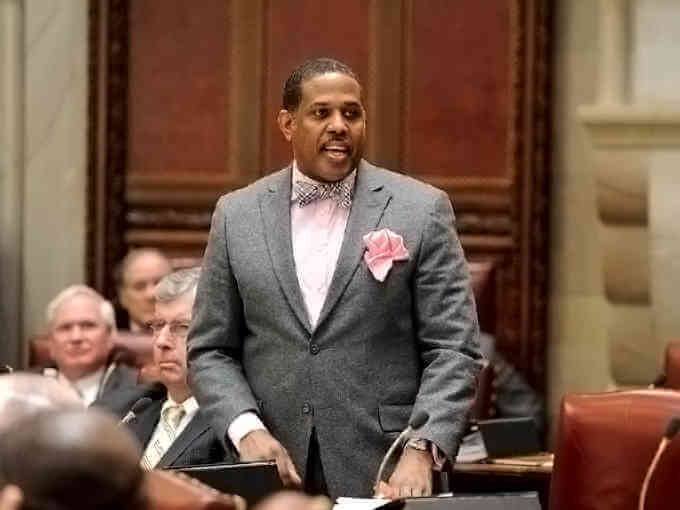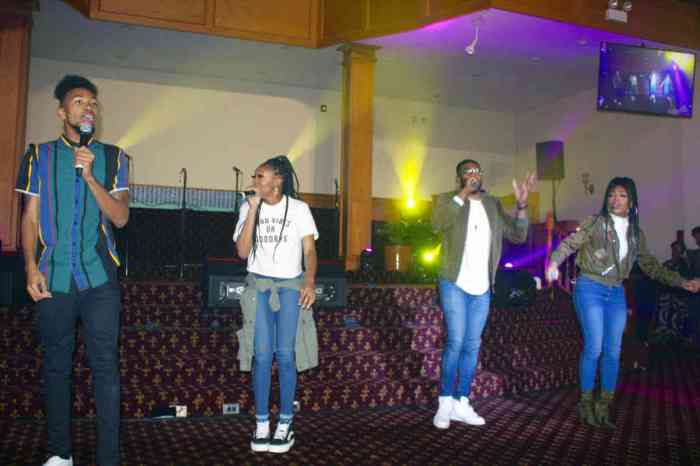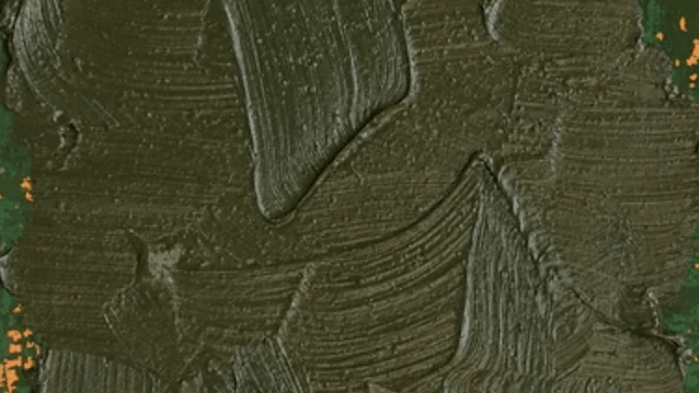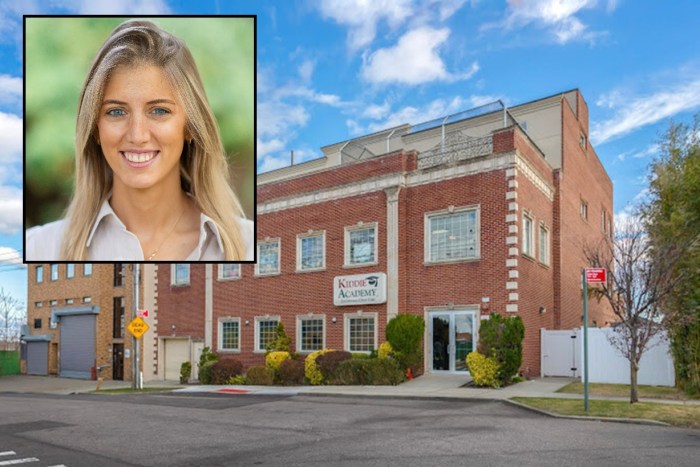We are officially in the “Dog-Days of August.”
Much of the country is currently in the midst of a brutal heat wave and drought that has already claimed the life of at least one New Yorker. The numbers are clear that extreme temperatures adversely impact disadvantaged people. The Environmental Protection Agency has been correctly focused on this important issue, and outlines a clear “Heat and Equity Connection” as follows:
A growing body of research points to “intra-urban” heat islands, or areas within a city that are hotter than others due to the uneven distribution of heat-absorbing buildings and pavements, and cooler spaces with trees and greenery. These differences can result from disparities in the way communities are planned, developed, and maintained.
There are often correlations between hotter neighborhoods and demographic characteristics of residents, with factors such as race and income often playing a role in who bears the brunt of extreme heat. (Source: EPA)
Like many natural and unnatural phenomena, particularly on issues related to Climate Change, the attention-paid and subsequent policies enacted to address these issues often leave behind people of color – particularly those who are considered low-income.
A recent UN Climate Report states the “New York metropolitan area climate forecast involves longer, hotter and more frequent heat waves” (Source: Gothamist). During the increasing number of heat-waves you will continue to see many of the same old press releases, notifications and news-items focused on cooling centers, and tips or suggestions on how to “beat-the-heat.”
While those actions are a core function and responsibility of the government — to provide resources to the public regarding periods of extreme weather — my bill (S8431A) seeks to study and explore the hidden costs disadvantaged people pay during extreme weather conditions.
According to the EPA disadvantaged people adversely impacted by climate and heat include nurses, outdoor workers, homeless and and housing insecure, children, pregnant women and people with limited resources (Source: EPA). Those are groups of folks we should be focused on protecting and lifting up, not leaving behind, in our fight against Climate Change!
This is precisely why I championed the creation of the Environmental Justice Advisory Group in New York, whose core mission is to craft model environmental policy ensuring that no group of people, including a racial, ethnic, or socioeconomic group, bears a disproportionate cost of climate change (Source: NY Senate).
While we have made some progress, it is important to remember that major legislation is not possible without the important data collection and studying of issues relating to Climate Change that occurred previous to their passage. This is why I am urging Governor Hochul to pass my bill S8431A, which “relates to conducting a study on the impacts of the urban heat island effect on disadvantaged communities.” (Source: NY Senate)
Arming government officials with this critical information is key to ensuring New York’s most vulnerable will be prioritized policy-wise in our ongoing fight against Climate Change, and will put New York on track to better understand and address the heat and equity connection.
The role of government should be more about action than reaction, and this is one of the pieces of legislation that will help New York to better address the Climate Change in an equitable way.
Senator Kevin Parker is the chair of the New York Senate Energy and Telecommunications Committee and represents areas of Flatbush, East Flatbush, Canarsie, Midwood and Kensington in the New York State Senate.


